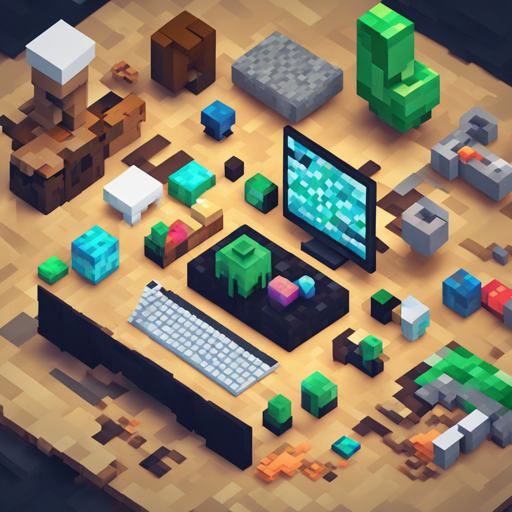Welcome to the vibrant world of modding with Fabric API! This article will guide you through the essentials of utilizing Fabric API, a powerful library designed specifically to enhance interoperability among mods in the Fabric ecosystem. Whether you’re a player eager to enhance your gaming experience or a developer looking to create your own mods, we have you covered!
What is Fabric API?
Fabric API serves as a library that provides essential hooks and interoperability mechanisms for Fabric mods. It simplifies the task of adding features, exposing useful functionality, and enhancing compatibility between various mods.
- Access to particles, biomes, and dimensions that are otherwise difficult for many mods.
- Events, hooks, and APIs to improve mod compatibility.
- Registry synchronization and additional information in crash reports.
- An advanced rendering API for optimization and graphics overhaul mods.
Setting Up Fabric API to Play with Mods
Before jumping into the vast ocean of mods, ensure you’ve installed the Fabric Loader. You can find further details about installing it here.
Steps to Download Fabric API:
- Download Fabric API from any of the following sources:
- Place the downloaded .jar file into your mods folder.
Utilizing Fabric API for Mod Development
If you’re keen on developing your own mods, setting up a Fabric development environment is essential.
Setting Up Your Development Environment:
To do this, refer to the Fabric example mod for guidelines. This example mod will include Fabric API as a dependency.
Including Fabric API in Your Build Script:
To add the full Fabric API to your project, include the following in your dependencies block:
// For Groovy DSL
modImplementation "net.fabricmc.fabric-api:fabric-api:FABRIC_API_VERSION"
// For Kotlin DSL
modImplementation(net.fabricmc.fabric-api:fabric-api:FABRIC_API_VERSION)Including Specific Modules:
If you’d like to specify modules individually, use the following:
// Groovy DSL
Set apiModules = [
"fabric-api-base",
"fabric-command-api-v1",
"fabric-lifecycle-events-v1",
"fabric-networking-api-v1"
]
apiModules.forEach {
include(modImplementation(fabricApi.module(it, FABRIC_API_VERSION)))
}
// Kotlin DSL
setOf(
"fabric-api-base",
"fabric-command-api-v1",
"fabric-lifecycle-events-v1",
"fabric-networking-api-v1"
).forEach {
modImplementation(fabricApi.module(it, FABRIC_API_VERSION))
} Managing Versioning with Gradle
To keep your build scripts clean, avoid hardcoding version constants throughout the code. Instead, declare properties in the gradle.properties file located at the root of your project. You can find more information about this here.
Troubleshooting Tips
While working with Fabric API, you may encounter some bumps along the way. Here are a few troubleshooting tips to help you navigate through common issues:
- Ensure that your Fabric Loader version is compatible with the Fabric API version you are using.
- Check for conflicts with other mods in your mods folder.
- If you face crashes, consult the crash reports that Fabric API enhances with detailed information.
- For more insights, updates, or to collaborate on AI development projects, stay connected with fxis.ai.
Contributing to Fabric API
Got ideas for new features or found a bug? Fabric API is open to contributions to improve its functionality. Check out the development guidelines provided in .CONTRIBUTING.md to get started!
Conclusion
At fxis.ai, we believe that such advancements are crucial for the future of AI, as they enable more comprehensive and effective solutions. Our team is continually exploring new methodologies to push the envelope in artificial intelligence, ensuring that our clients benefit from the latest technological innovations.
Happy modding, and may your adventures in the world of Fabric API be fruitful and exciting!

